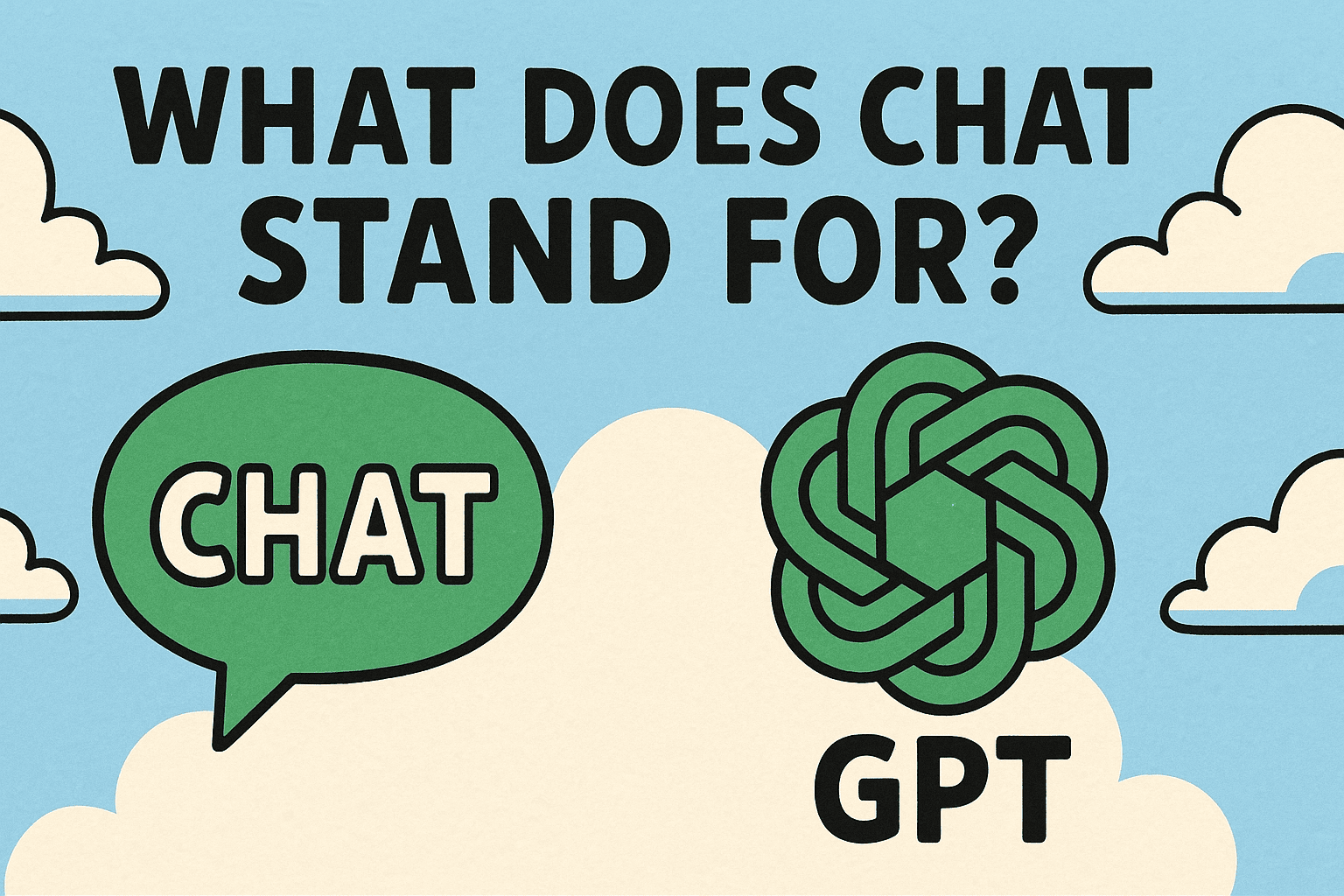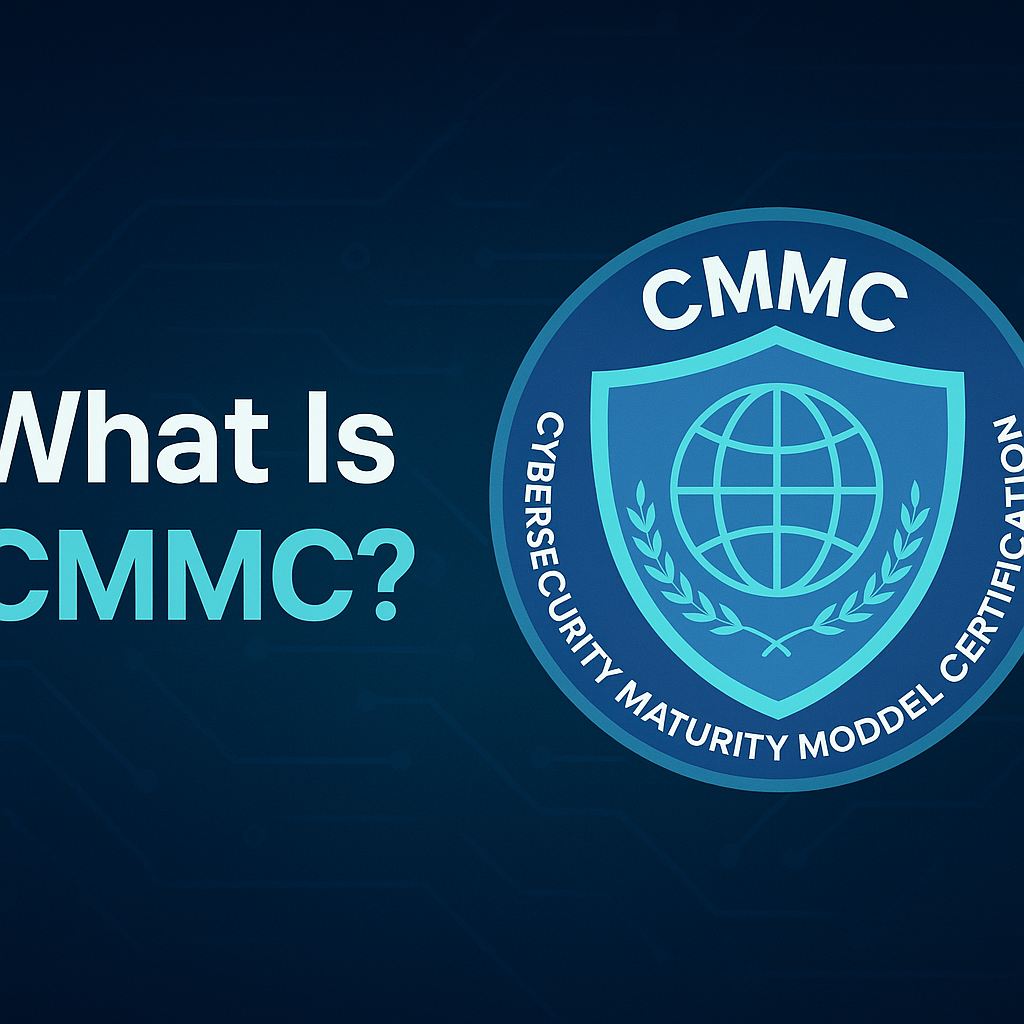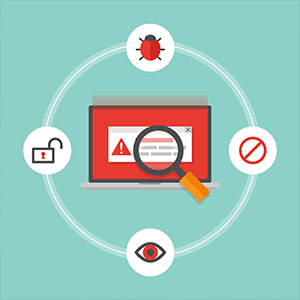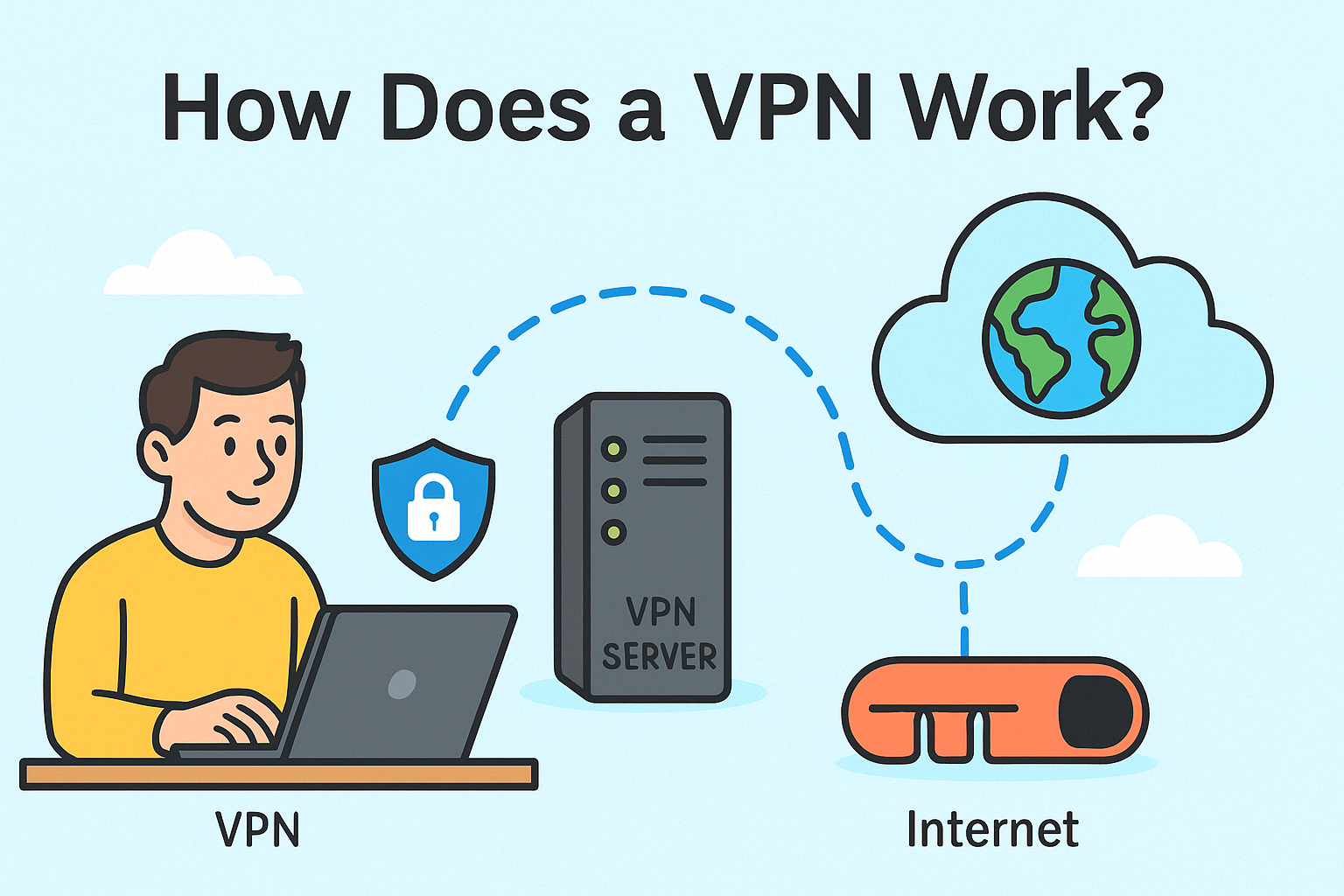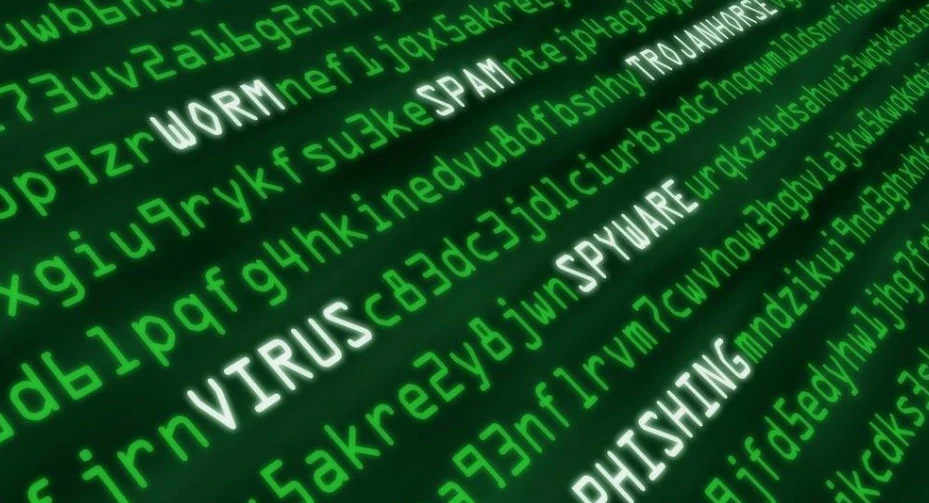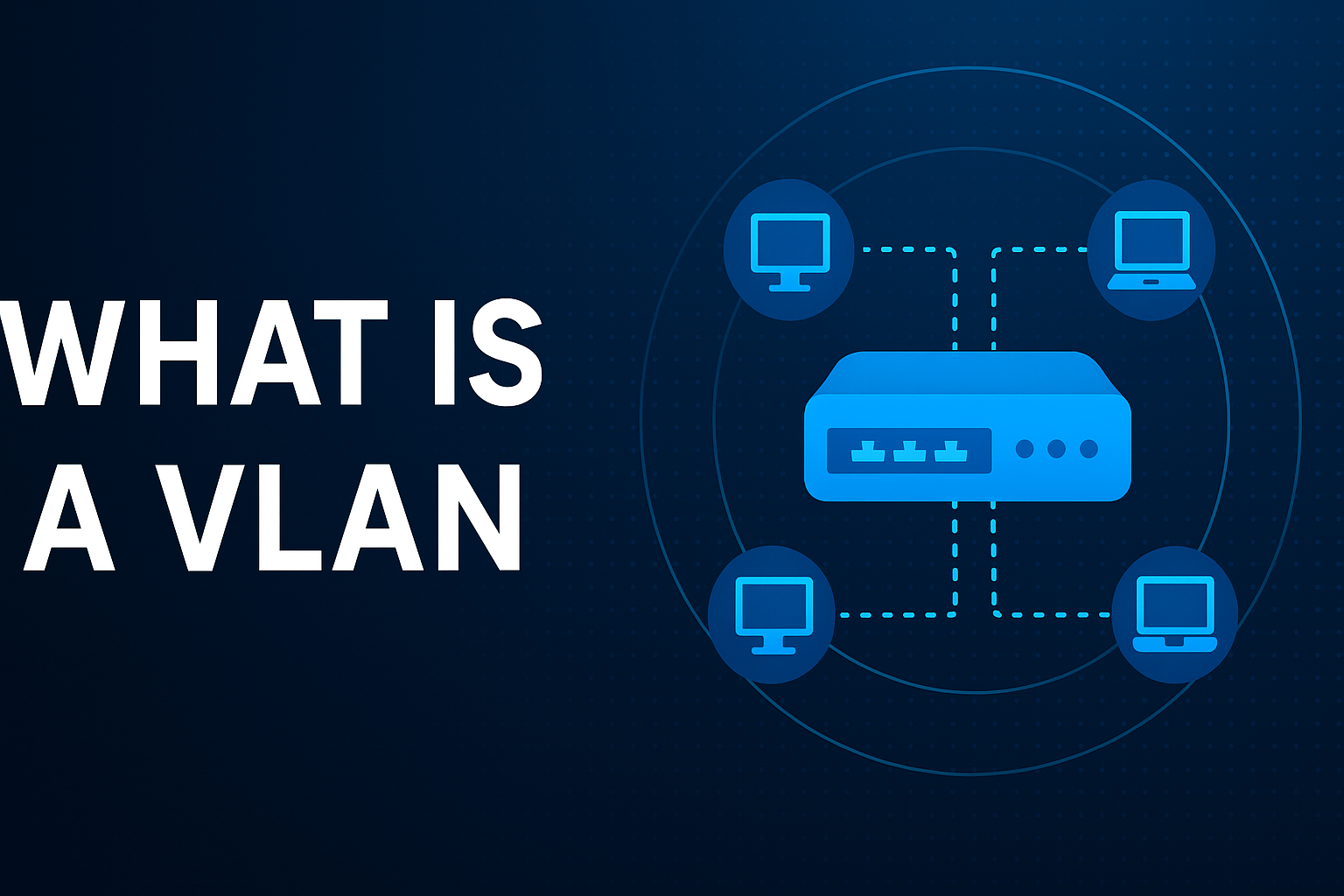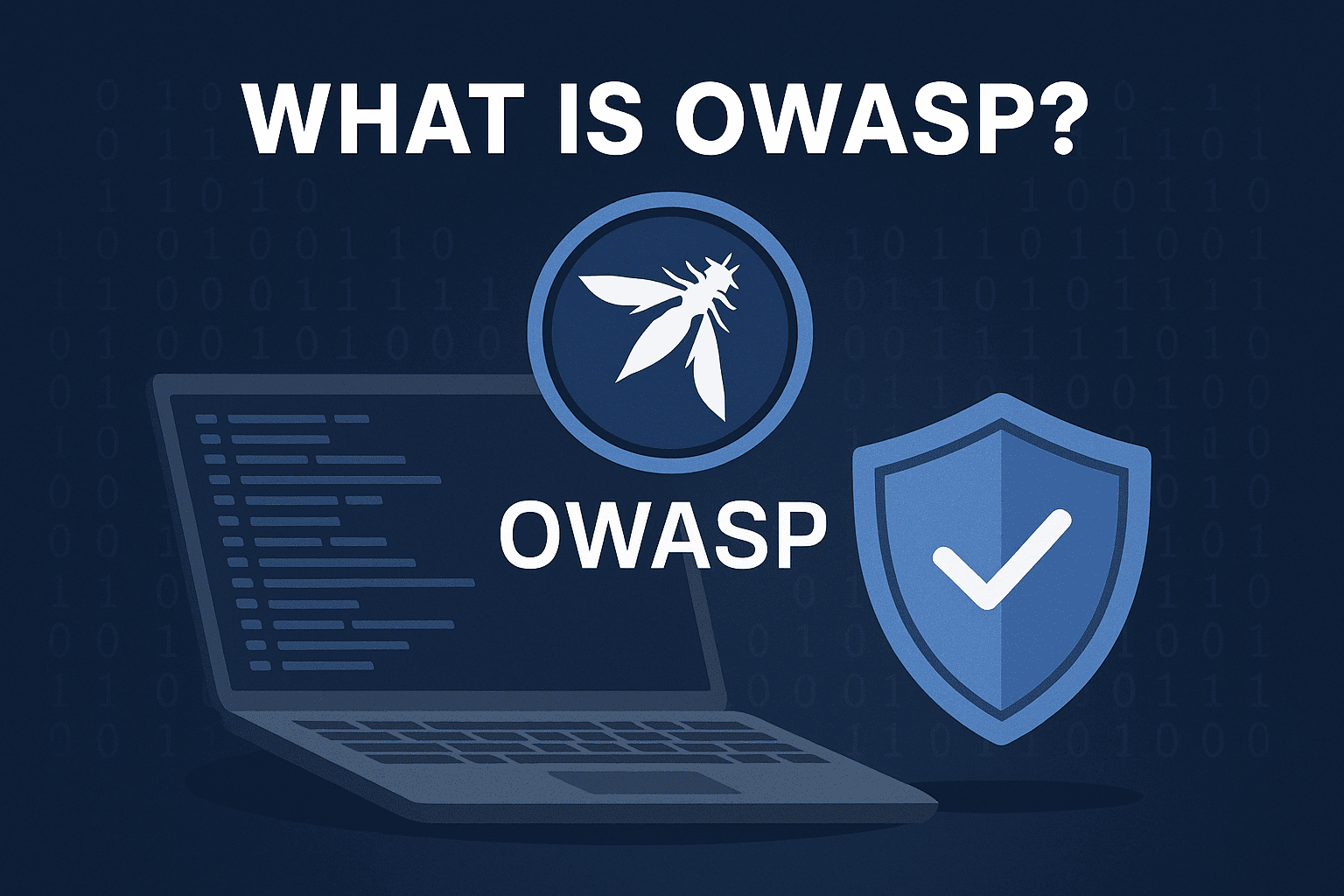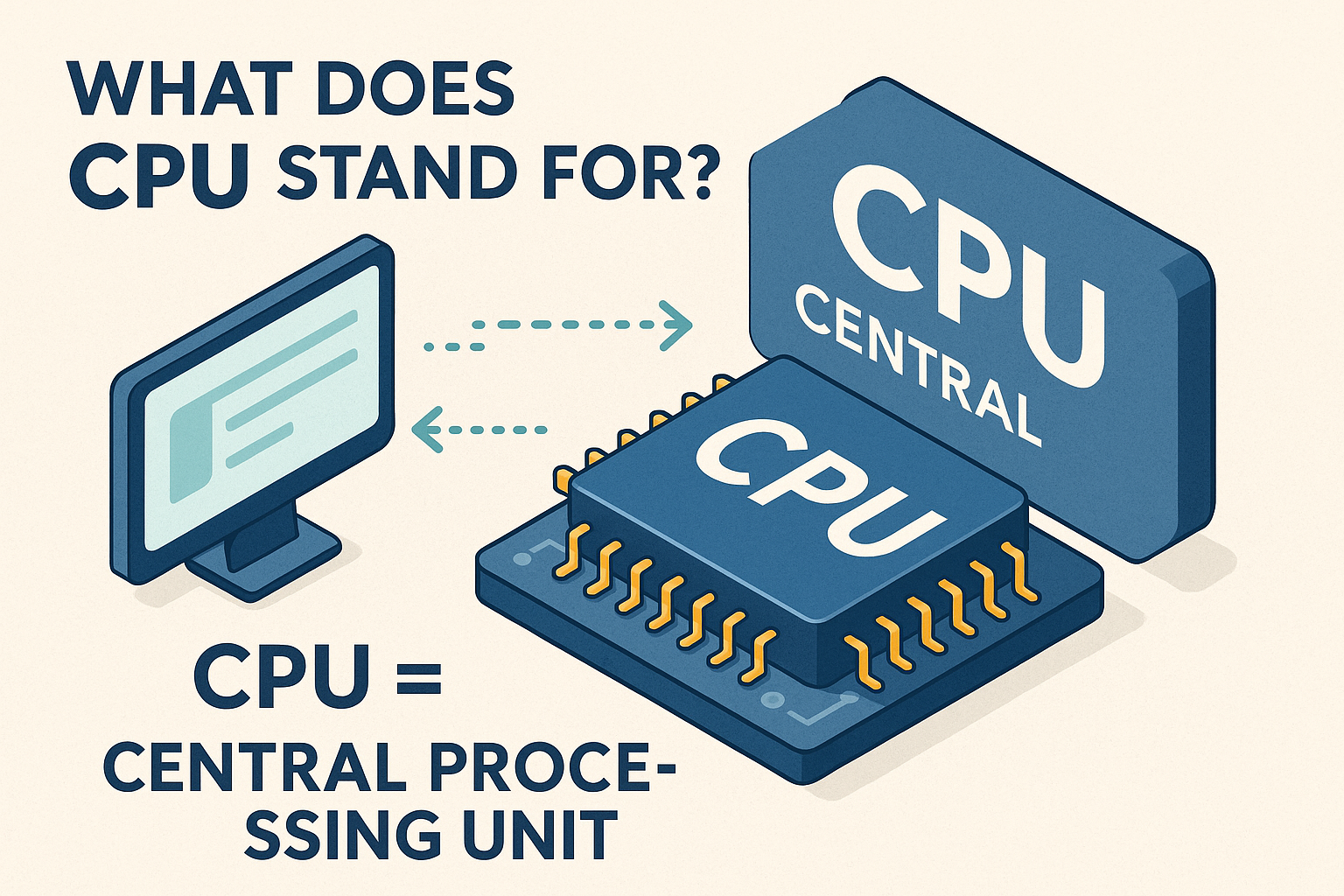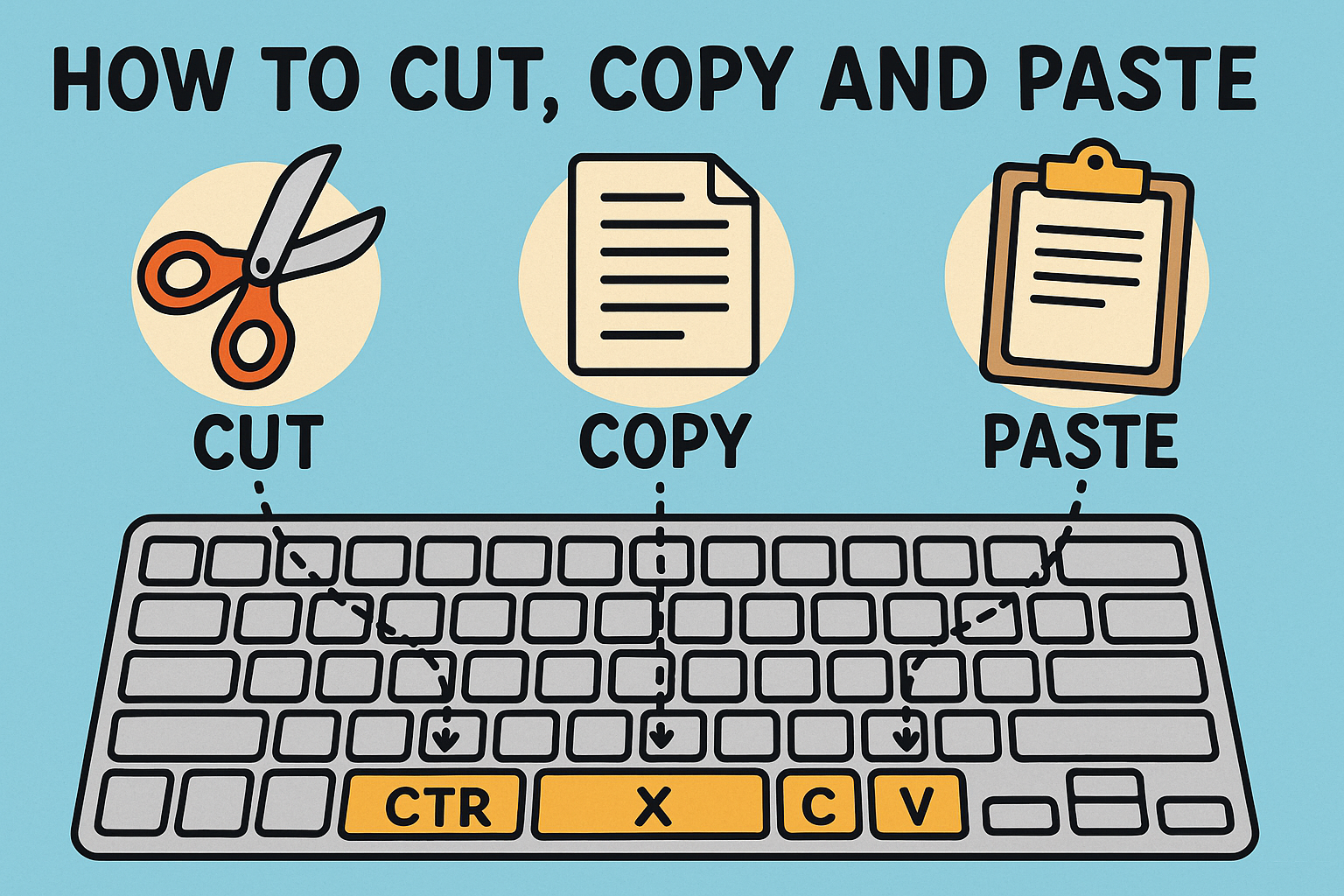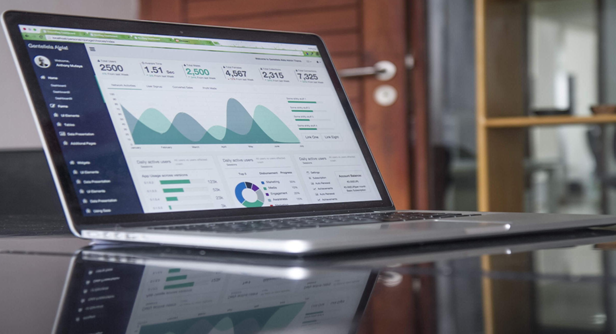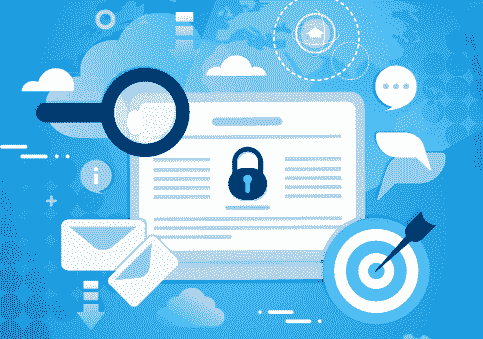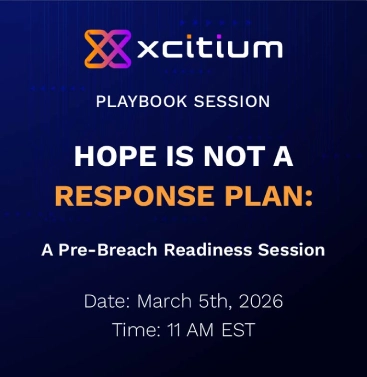What Does Dox Mean? Understanding the Dangers of Doxxing in the Digital Age
Updated on July 30, 2025, by Xcitium
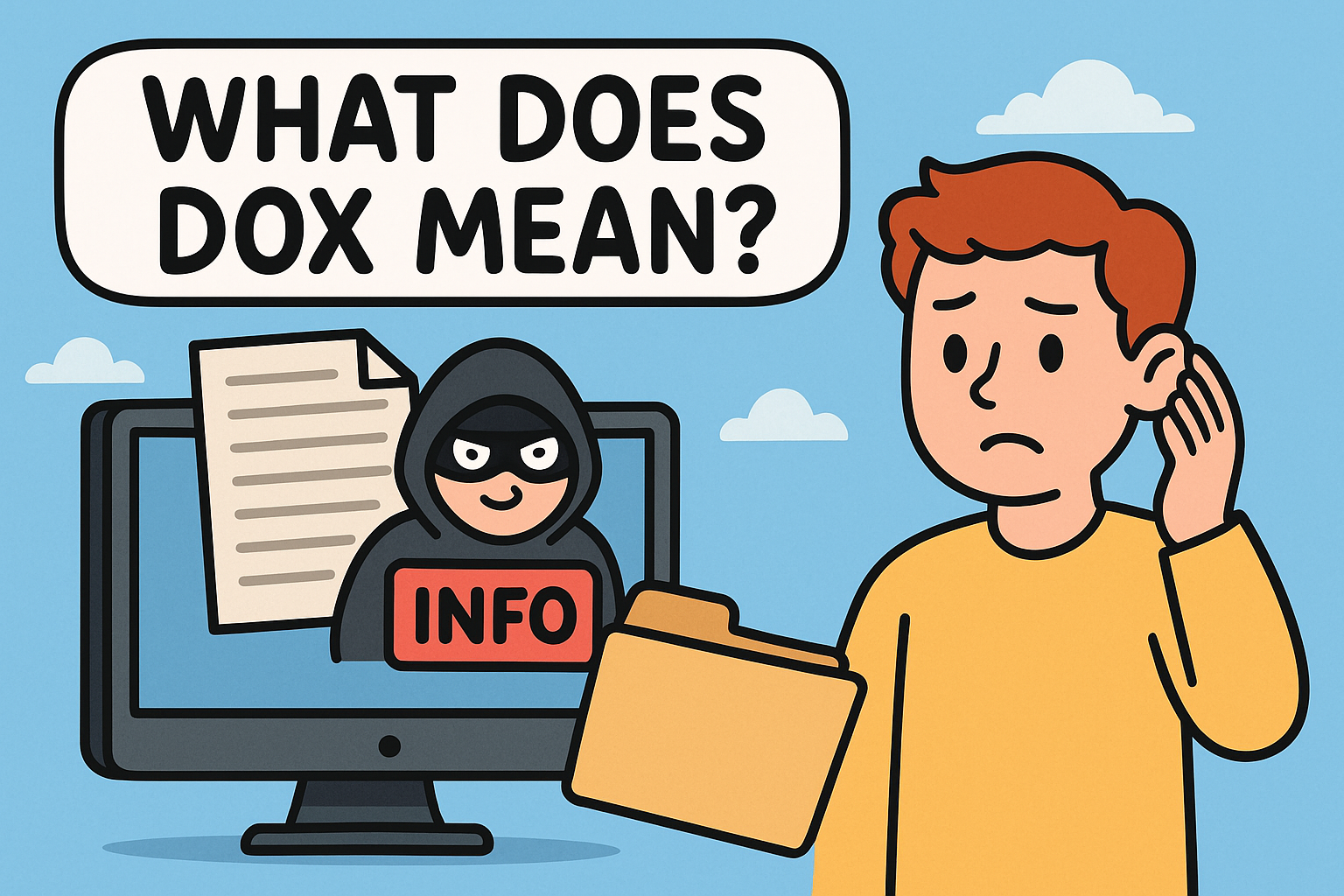
Imagine waking up one morning to find your home address, phone number, or even your family’s details posted publicly online—with malicious intent. Scary, right?
This isn’t a dystopian plot. It’s called doxxing (or doxing), and it’s a real cyber threat that targets individuals, executives, and even entire organizations. So, what does dox mean—and how can cybersecurity leaders and business owners stay protected?
Let’s dive into the meaning, mechanics, risks, and countermeasures of doxxing in today’s digital landscape.
What Does Dox Mean?
DOX Meaning – The term “dox” is derived from “documents” and refers to the act of publicly revealing private or identifying information about an individual or organization, typically without their consent and often with malicious intent.
The more complete term, “doxxing,” involves:
- Posting home addresses, phone numbers, emails
- Leaking personal conversations or images
- Publishing workplace details or family info
- Exposing passwords, bank records, or social profiles
Why Is Doxxing Dangerous?
Doxxing isn’t just an invasion of privacy—it’s a gateway to serious cyber and physical threats, such as:
🚨 Common Consequences:
- Stalking and harassment
- Identity theft
- Swatting (fake police calls to target addresses)
- Job loss or reputational harm
- Family or organizational security threats
For CEOs, cybersecurity pros, and public figures, the risks are exponentially higher.
How Doxxing Happens: Tactics Used by Threat Actors
1. Data Mining from Public Sources
Attackers scour social media, public records, and online forums for breadcrumbs.
2. Phishing and Social Engineering
Pretending to be IT staff or vendors to extract personal data.
3. Leaked Database Dumps
Old hacks can expose PII, and threat actors reuse this data in doxxing attacks.
4. WHOIS and Domain Info Scraping
Useful for targeting startup founders and tech entrepreneurs.
5. IP and Location Tracking
Used in combination with reverse searches and open-source intelligence (OSINT).
🔐 Pro Tip: A VPN, burner email, and strong privacy settings are your first line of defense.
Who Gets Doxxed—and Why?
While anyone can be doxxed, these groups are particularly vulnerable:
| Target Group | Why They’re Targeted |
| Public figures & celebrities | High visibility, controversial opinions |
| Journalists & activists | Political views, exposés |
| Executives & CEOs | Corporate decisions, layoffs |
| Gamers & streamers | Online rivalries, revenge |
| Everyday individuals | Relationship disputes, social media posts |
Legal Status: Is Doxxing Illegal?
The legality of doxxing varies by jurisdiction. However, most countries have laws against harassment, stalking, or publishing certain kinds of PII. In the U.S., for example:
- Publishing social security numbers, financial data, or hacking to obtain info is illegal
- Doxxing that leads to harassment or threats can result in civil lawsuits or criminal charges
Signs You Might Be Targeted for Doxxing
- Suspicious login attempts or password resets
- Unusual social media messages
- Someone asking specific personal questions
- Old data appearing on pastebin sites
- Emails from fake or unknown senders
🛡️ Stay vigilant. If you feel your info is being tracked, assume you’re being targeted and act accordingly.
How to Protect Yourself From Doxxing
🔒 Personal and Cyber Hygiene Tips:
- Limit Personal Info Online
- Avoid posting birthdays, schools, or addresses.
- Use Pseudonyms Where Possible
- Especially on forums or gaming platforms.
- Use Privacy Tools
- VPN, password manager, 2FA.
- Lock Down Social Media
- Set profiles to private. Remove metadata from uploads.
- Remove Your Info from People Search Sites
- Use opt-out forms on sites like Whitepages, Spokeo, etc.
- Conduct a Digital Footprint Audit
- Search your name + address/email to see what’s publicly accessible.
What to Do If You’re Doxxed
If your information is posted online:
- Document Everything
- Take screenshots. Note timestamps and URLs.
- Report to Platforms
- Most social media and hosting platforms allow takedown requests.
- Contact Authorities
- Especially if threats or swatting attempts are involved.
- Alert Your Employer or Legal Counsel
- If you’re a public figure or company executive, your workplace should be prepared.
- Change Credentials
- Update emails, passwords, phone numbers, if needed.
Real-World Doxxing Cases
🎯 Case 1: Journalist Targeted
A political journalist had their home address posted after covering a sensitive topic. This resulted in hate mail and physical threats. They eventually moved and now use a PO box and online aliases.
🎯 Case 2: CEO Doxxed During Layoffs
After announcing layoffs, a tech CEO’s phone number, private photos, and spouse’s identity were leaked. Their company’s brand faced backlash, and internal IT had to implement an emergency lockdown.
In today’s connected world, doxxing is a growing threat for individuals and businesses alike. The best defense is proactive digital hygiene, education, and technology.
👉 Protect your digital identity and corporate data with Xcitium. Request a demo today.
Frequently Asked Questions (FAQs)
1. What does dox mean on the internet?
It means publishing someone’s private or identifying info online, usually to harass or threaten them.
2. Is doxxing illegal?
While the act of posting information isn’t always illegal, if it leads to harassment or uses hacked data, it can be criminal.
3. How can I tell if I’m being doxxed?
Look for suspicious logins, unexpected messages, or your info posted on forums, pastebins, or social media.
4. Can companies be doxxed?
Yes—attackers may expose employee info, internal documents, or trade secrets.
5. What should I do if I get doxxed?
Document the exposure, alert the platform, contact authorities, and secure your accounts.
Conclusion – DOX Meaning
So, what does dox mean? It means exposure, vulnerability, and often danger—especially in a world where data is currency and identity is easily stolen.
Whether you’re an IT manager, cybersecurity leader, or entrepreneur, it’s essential to understand the threat of doxxing and the measures you can take to prevent and respond to it.
👉 Don’t wait for a breach. Fortify your digital presence today with a demo from Xcitium



